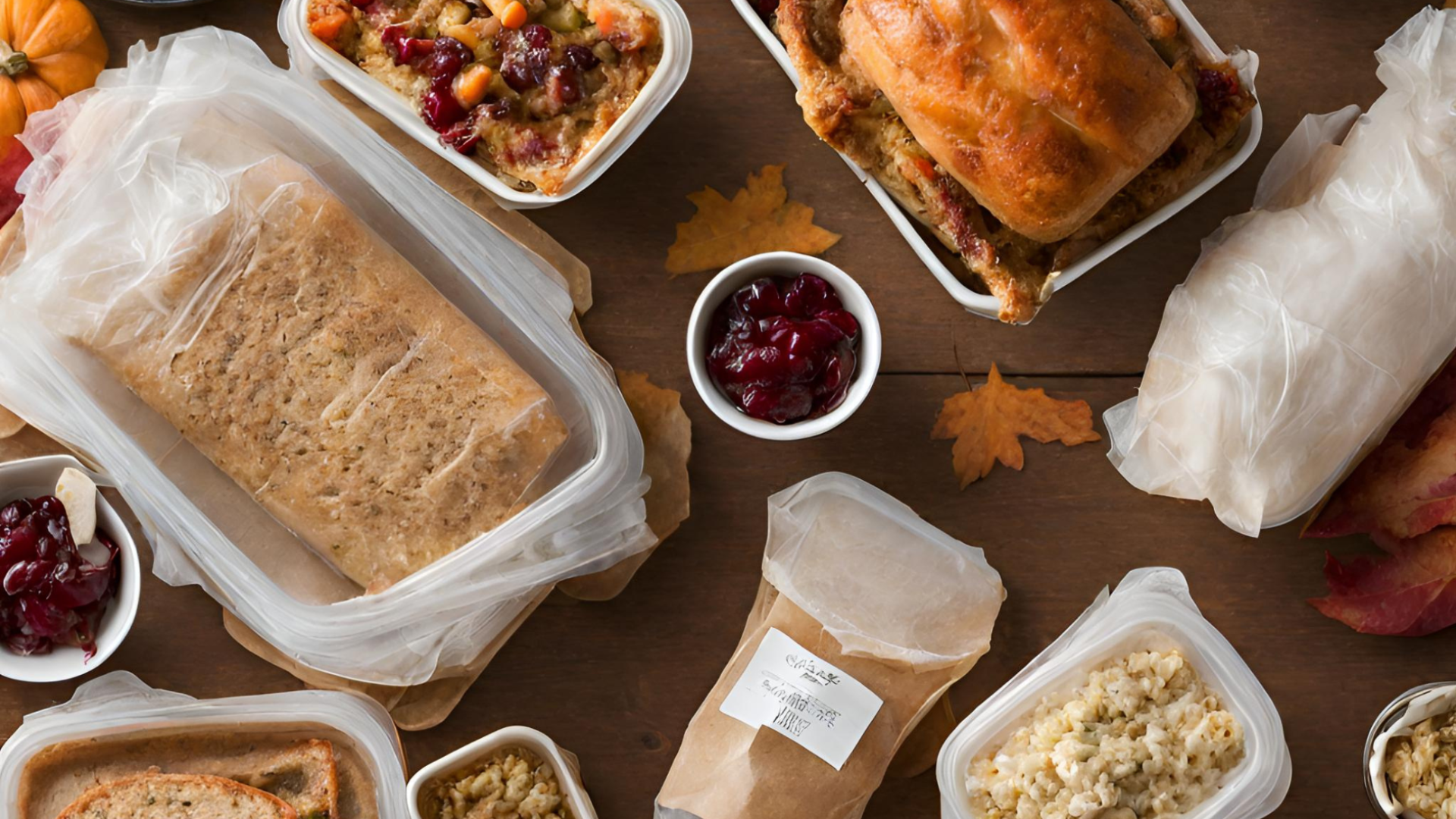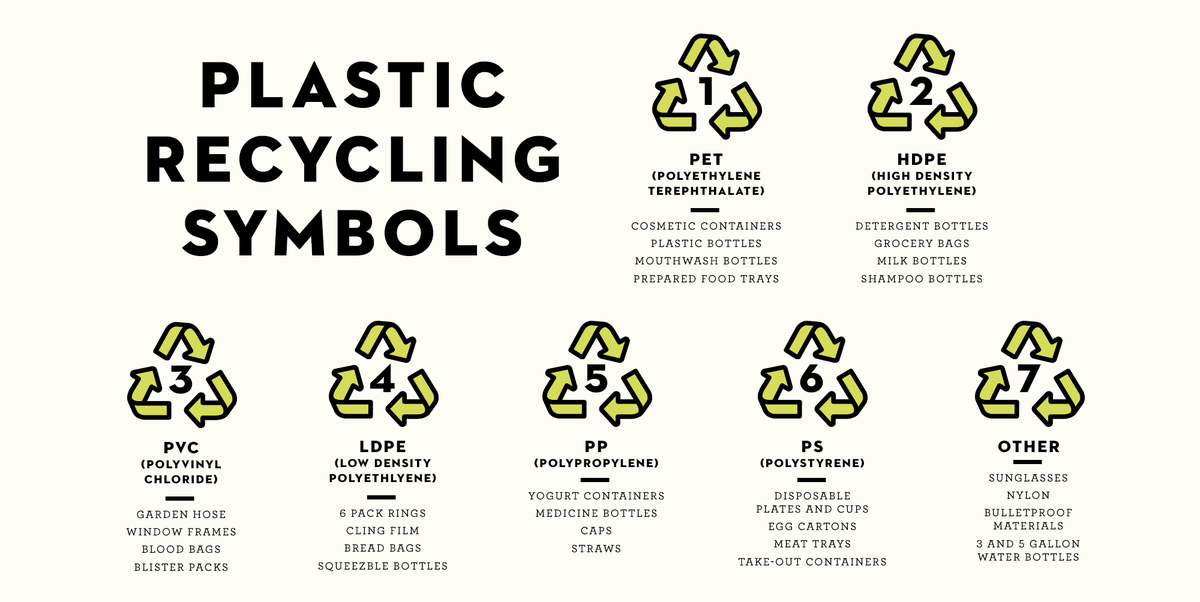Thanksgiving Leftovers Dilemma: To Recycle or Not?
Thanksgiving is right around the corner and whether you celebrate with family, friends or others in your life, you’re likely leaving your Thanksgiving celebration with a full stomach – and leftovers from the Thanksgiving feast. At the end of the day, you may be heading home with several takeout containers, bags or other disposable receptacles that house the second round of your Thanksgiving feast.
Once you’ve finished those leftovers, you might be posed with a dilemma: How do you dispose of those takeout containers, plastic bags or other disposable receptacles if you’re not saving them to reuse for another time. And are all of the plastic containers, bags or other plastic film even recyclable?

When the “Wish” of Recycling Meets Reality
You might think – or hope – that all plastic products are recyclable, since plastic is generally a recyclable material. And you wouldn’t be alone in thinking that: According to research done in July 2023 by UK recipe box company Gousto, 72% of UK respondents admitted to putting rubbish in recycling bins without knowing if it can be recycled. This practice is known as “wishcycling” – the act of placing items in recycling bins without knowing if they are actually recyclable.
While well-intentioned, this mindset is unfortunately misguided. When non-recyclable items are mixed with recyclables, it can contaminate the entire batch, making it difficult or even impossible to effectively recycle any of the materials. This contamination not only increases the cost and complexity of the recycling process but also reduces the quality of the recycled materials. As a result, recycling facilities may have to divert contaminated batches to landfill instead, defeating the purpose of recycling.
Plastic film waste is a prime example of the challenges posed by wishcycling. Many individuals mistakenly assume that plastic film which is commonly used to make grocery bags, cling wraps and storage bags, can be recycled along with other hard plastics such as milk jugs and water bottles. However, plastic film requires a specialized recycling processes due to their flexible nature, as these thin, flexible plastics often get tangled in recycling machinery, causing breakdowns and delays in the recycling process.
As a result, many recycling facilities do not accept plastic film, leading to a high rate of contamination and improper disposal. Though difficult to recycle, there are options for consumers looking to recycle plastic film. For example, some retailers and local cities offer collection points or drop-off locations, while specialized recycling centers may also be equipped to process plastic film.
What Goes in the Bin: Know Before You Throw
While recycling is crucial for reducing our environmental impact, it is necessary to recognize that there are challenges associated understanding the complex recycling infrastructure and what specifically can be recycled, along with specific materials like plastic films that are more difficult to recycle. Here are a few tips to keep in mind while you’re recycling:
- Plastic items labeled 1 or 2 are typically recycled
- Plastics marked with 5 are occasionally recycled
- Plastic items labeled with 3, 4, 6 or 7 are seldom recycled

Source: Good Housekeeping